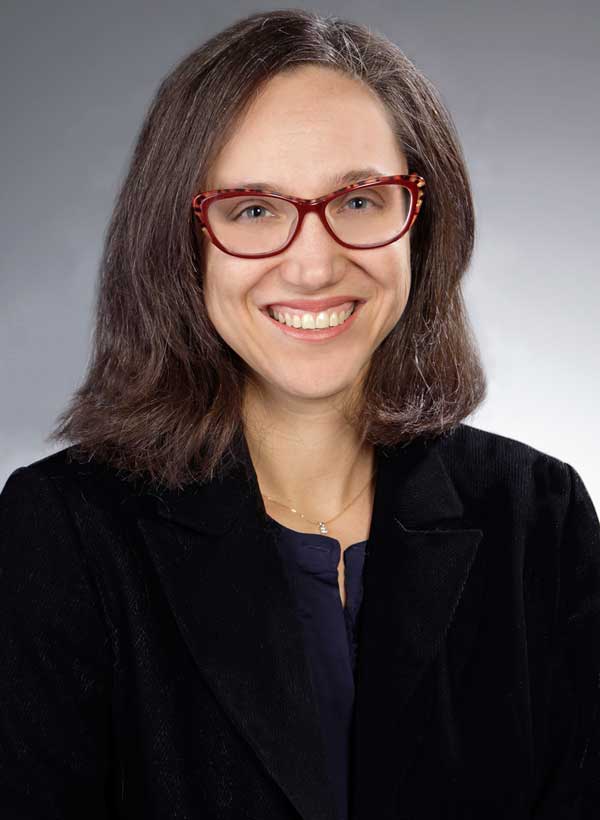Harvard Picks UTEP Professor for Prestigious Fellowship
Last Updated on April 24, 2018 at 4:40 PM
Originally published April 24, 2018
By UC Staff
UTEP Communications
The Harvard Divinity School recently announced that Barbara Zimbalist, Ph.D., assistant professor of English at UTEP, is one of five women selected as a 2018-19 research associate in its Women’s Studies in Religion Program.

The prestigious program joins scholars from different disciplines and research areas from around the world. This year’s group includes fellows from the states of Ohio and Alabama, and the countries of Iran and Kenya. Those selected will teach a one-semester course, deliver a lecture, and work on book-length projects during the one-year fellowship.
Zimbalist, who earned her doctorate in 2013 from the University of California, Davis, is a medievalist who specializes in the vernacular religious literatures of England, France and the Low Countries. Her fellowship project is “Translating Christ in the Middle Ages: Visionary Translation, Divine Rhetoric, and Verbal Devotion in England, France, and the Low Countries.” The book’s premise is that female visionaries developed new forms of authorship, reading and devotion in the Middle Ages.
“I’m humbled by the incredible opportunity to finish my book in this community of scholars,” Zimbalist said. “I look forward to the challenges of the year ahead, and to all that I’ll be able to learn and bring back to UTEP as a result of this experience.”
Maggy Smith, Ph.D., chair and professor of English, said the Harvard fellowship is an “amazing opportunity” for Zimbalist, who was a Fulbright Scholar and Fellow of the Belgian American Educational Foundation.
“Dr. Zimbalist’s contributions to our literature program have offered students options they have not had before,” Smith said. “The Harvard Divinity School Fellowship brings prestige to her as a scholar, and it will generate new areas of scholarship that she will integrate into her teaching.”